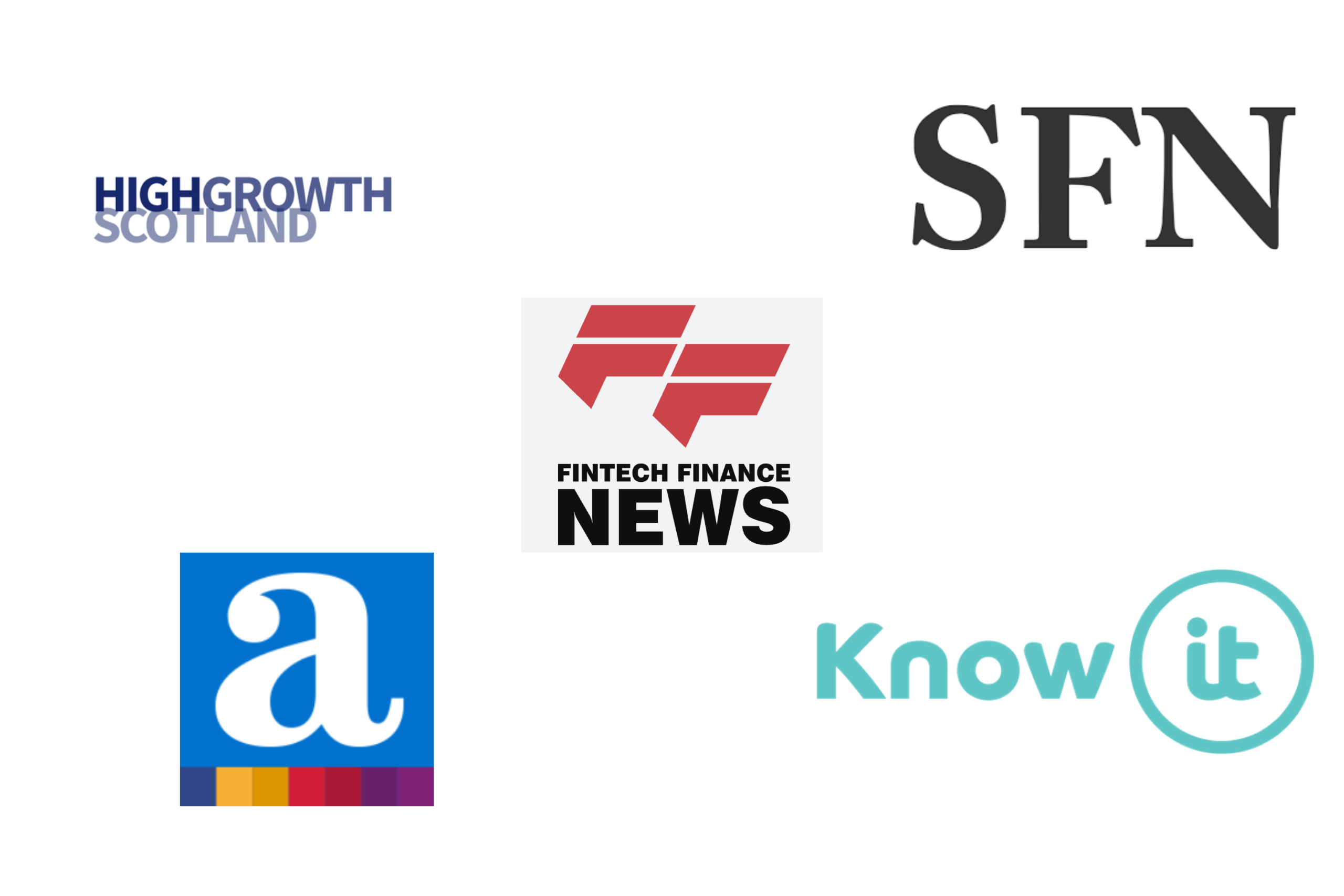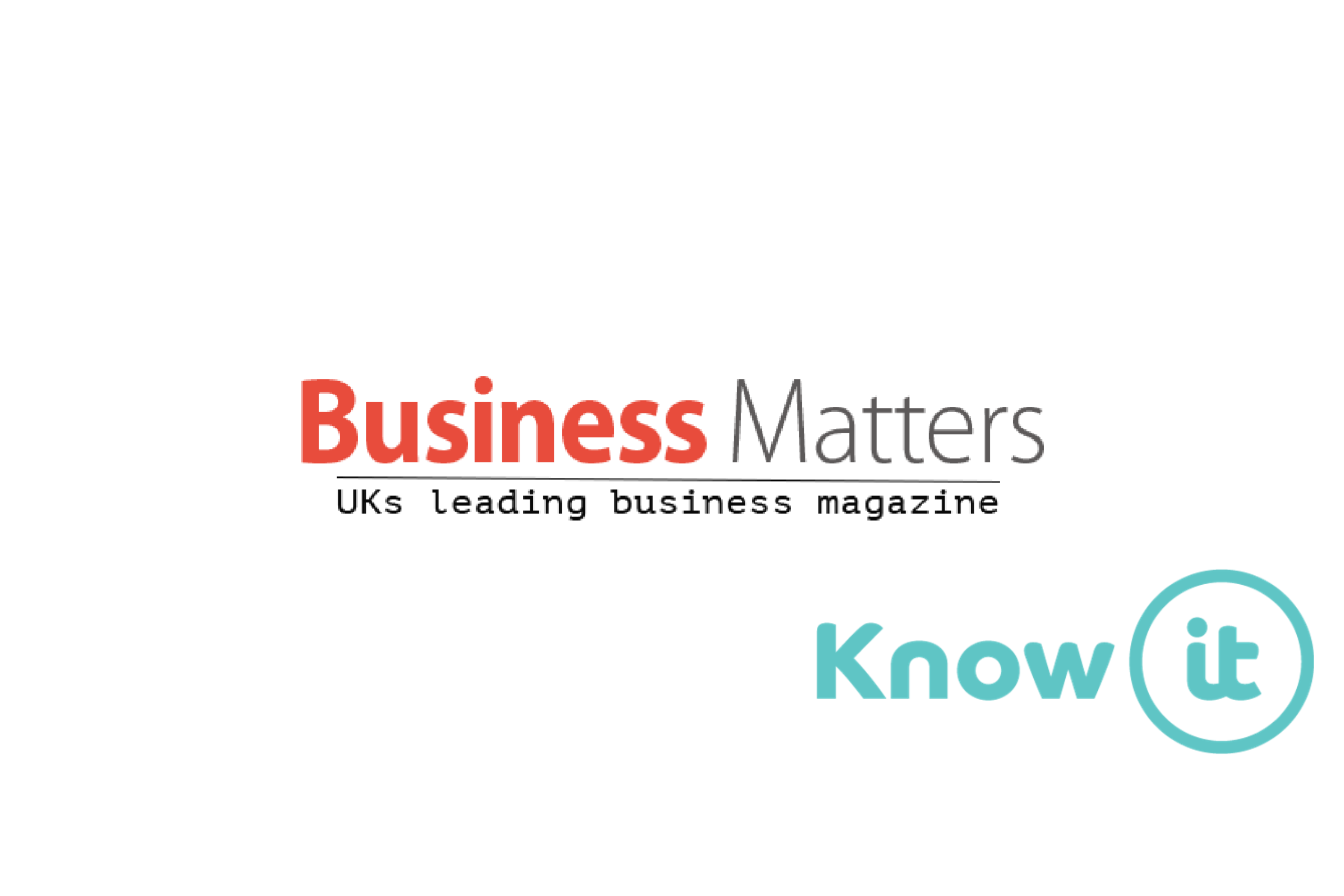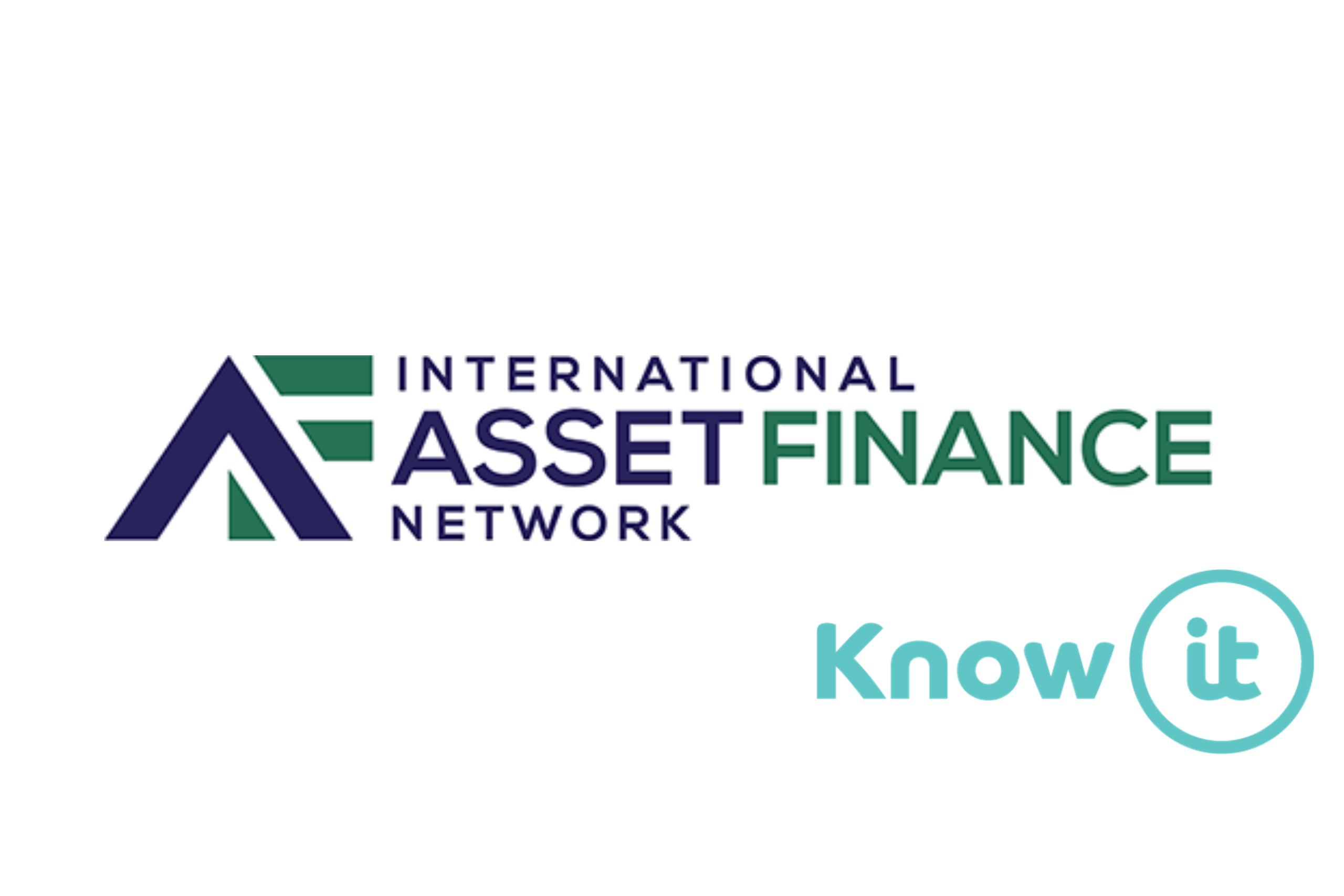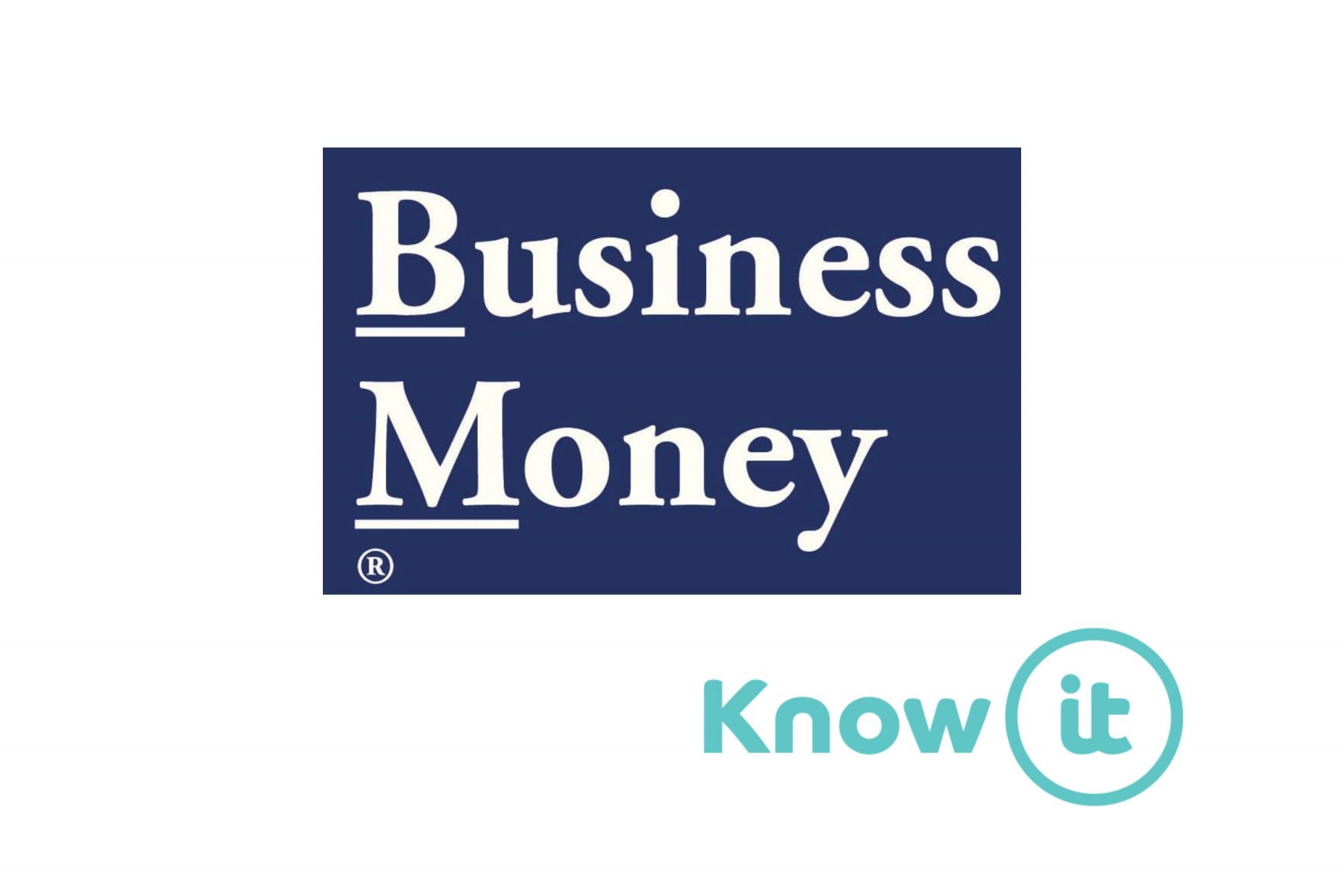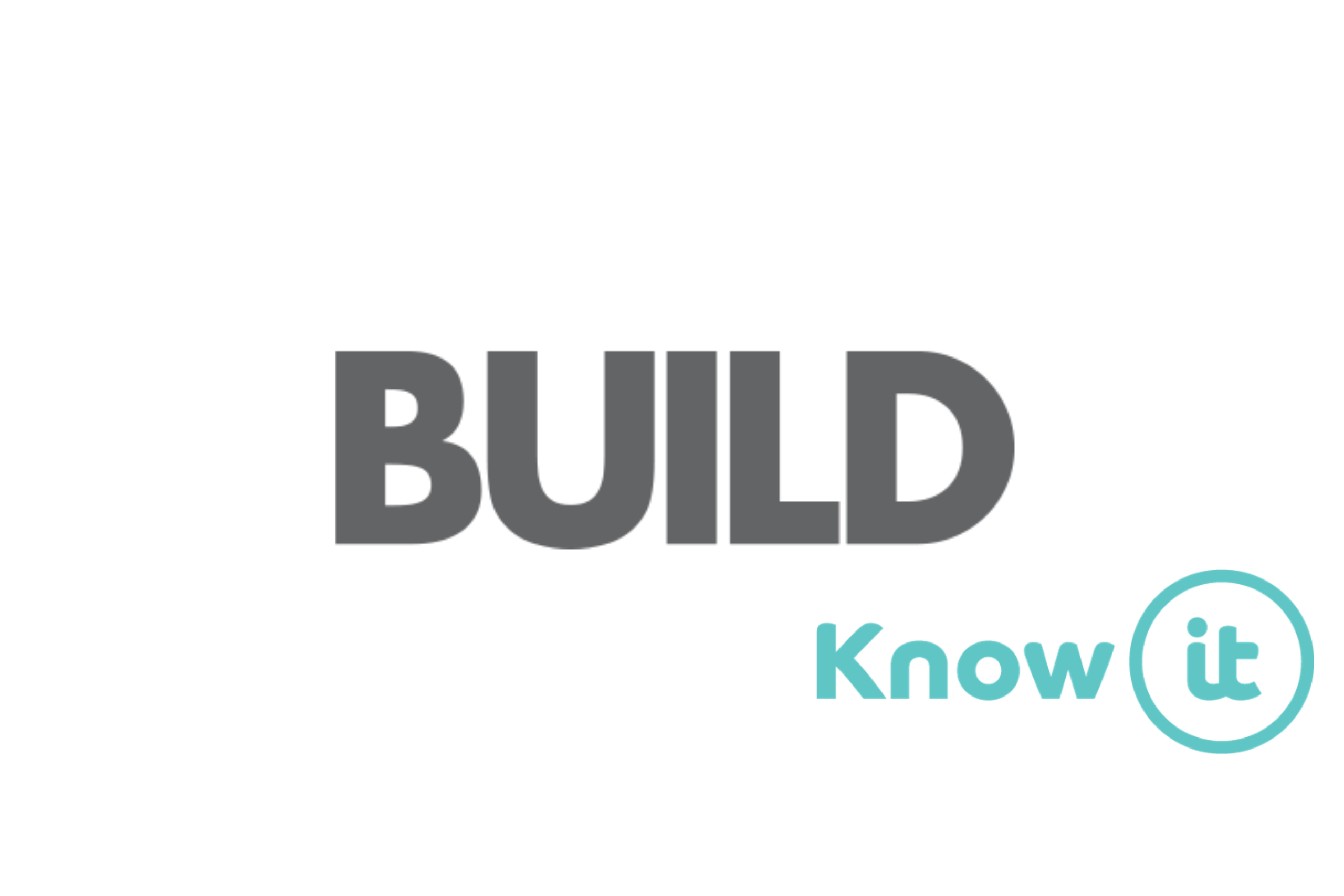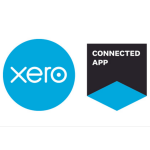Platform as a Service: Reshaping the future of fintech
Lynne Darcey Quigley explains how Platform-as-a-Service (PaaS) is reshaping the future of fintech and finance software.
Customers crave convenience. However, financial institutions often struggle to meet their demands whilst safeguarding information. As banks comply with evolving regulations, customers will benefit from the opening of APIs to customer data.
Platform-as-a-Service (PaaS) is a utility-based platform that allows users to develop, run and manage applications in the cloud. Offering fintech institutions the ability to adapt to the ever-changing needs of their customers via customised infrastructures, it allows them to fully embrace the cloud. By leveraging the power of the cloud, businesses can avoid the cost and intricacy associated with building and sustaining traditional software and servers in-house. The agility of PaaS means that fintech companies can have 24/7 access to real-time technology.
Through understanding the potential offered by PaaS and the unrestricted capacity of the cloud, numerous fintech’s have built entirely virtual payment operations. By linking customer accounts to services “delivered” by banks, these organisations can offer a full range of banking services without technically owning any of the infrastructure behind it or any of the bank’s customer relationships. In light of this, here are the four key benefits of Platform as a Service that is reshaping the future of fintech.
Improved time to market
The improved speed of development and deployment is a key advantage of PaaS. Developers have access to several automated tools and technological innovations, resulting in a significantly increased turnaround time in the creation of apps, enhancing the customer experience. Hence, the app development lifecycle is reduced, compared to the traditional one, and more new products can enter the market faster. This model is already delivering a key competitive advantage for fintechs.
Scalability
A key advantage of a self-built platform is as fintech’s of all sizes begin building an application tailored to a certain number of users over time, as the company begins to expand and attract more users, it allows real-time updates to serve the growing customer base.
The issue faced by fintech companies that are not availing of PaaS is that initial resources are not enough to scale your own platform as it is an expensive challenge that may incur downtime. Certainly, fintech’s can try solving this issue in advance and create a platform, considering their expected scale for the future. However, this can prove extremely expensive with high levels of risk since there are no guarantees of future performance and success. The scalability of PaaS is provided by default due to a scaling mechanism. It involves the automatic allocation and release of the necessary resources, depending on the number of users served by the application. As a result, fintech’s can easily upscale at any time without the fear of becoming the victim of its own success.
Master data management
Master data management (MDM) is essential throughout company-wide data points, which results in organisations having a single point of reference for data. This PaaS service feature offers insights ranging from company operations to client information to organisational goals. This data can reference key information regarding customer transactions, and analytical reports to boost decision making. Once installed, fintech’s can then execute actions based on the data as they see fit, keep records of data history, and make projections based on findings.
In conclusion
It’s quickly becoming evident that the platform-as-a-service concept is an advancement that financial businesses cannot afford to neglect. PaaS is one of the most powerful methods for managing costs and minimising risks associated with payment processing. In addition to this key benefit, it frees up valuable resources allowing organisations to concentrate on what matters most — producing customer-focused products and gaining a competitive edge.
This article was first published by AccountingWEB.

























